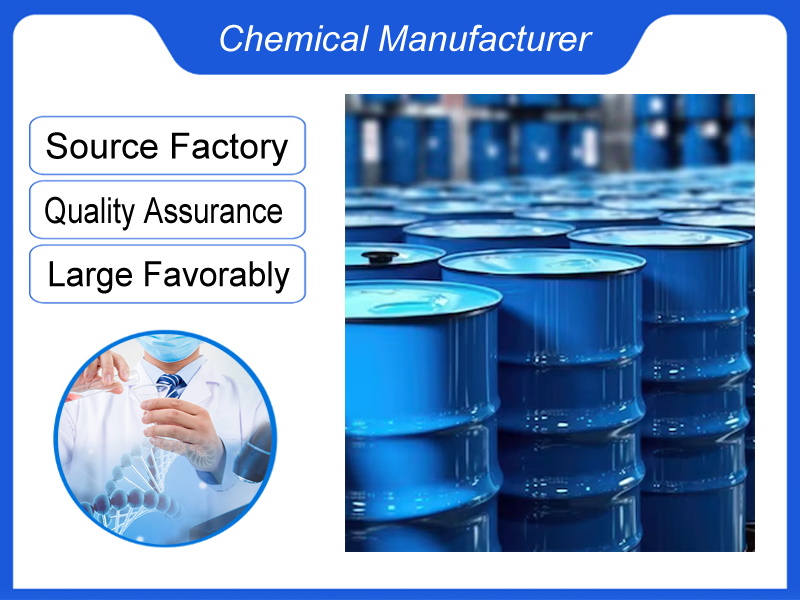
L-Cysteine Hydrochloride Anhydrous
We are a manufacturer based in China. We specialize in providing high-quality L-Cysteine Hydrochloride Anhydrous for industrial clients across various sectors. Whether you need chemicals consultation or technical support, our team is here to help.
Category:Amino Acids Own Brand:MT /MOQ:100KG /From China/ B2B only.
Introduction
L-Cysteine Hydrochloride Anhydrous Overview
1. Chemical Properties
| Property | Description |
|---|---|
| Appearance | White crystalline or powder, slightly odorous, acidic taste |
| Solubility | Easily soluble in water, ammonia, acetic acid; slightly soluble in ethanol, acetone |
| Stability | Stable in acidic conditions; prone to oxidation in neutral/slightly alkaline solutions |
| Other Characteristics | Hygroscopic, decomposes slowly in air, aqueous solution is acidic |
2. Applications
| Industry | Uses |
|---|---|
| Food | Bread improver (promotes fermentation, prevents oxidation); nutritional supplement (prevents vitamin C oxidation in juices) |
| Pharmaceuticals | Treatment of radiopharmaceutical poisoning, heavy metal poisoning, toxic hepatitis; biochemical research reagent |
| Cosmetics | Component in hair perms, sunscreens, hair growth tonics |
3. Preparation Methods
| Method | Process |
|---|---|
| Chemical Reduction | Cystine dissolved in dilute HCl, reduced with tin granules, purified through crystallization |
| Electrolytic Reduction | Electrolysis of cystine hydrochloride solution in a divided cell |
| Enzymatic Method | Enzymatic hydrolysis of DL-ATC |
4. Safety Information
| Aspect | Details |
|---|---|
| Hazards | Skin/eye irritation, potential respiratory irritation |
| Safety Measures | Avoid inhalation, wear protective gloves/goggles, store in cool, dry place away from light |
| Storage Conditions | Sealed container, cool, dry location, protected from light |
Summary
L-Cysteine Hydrochloride Anhydrous is a versatile compound with applications spanning food, pharmaceuticals, and cosmetics. Its unique chemical properties make it particularly useful as a reducing agent and stabilizer. Proper handling and storage are essential to maintain its efficacy and ensure safety.
If you're ready to take the next step, Leave your message below and we’ll reply soon. 20+ years of chemical manufacturing & export experience, a partner you can trust.





